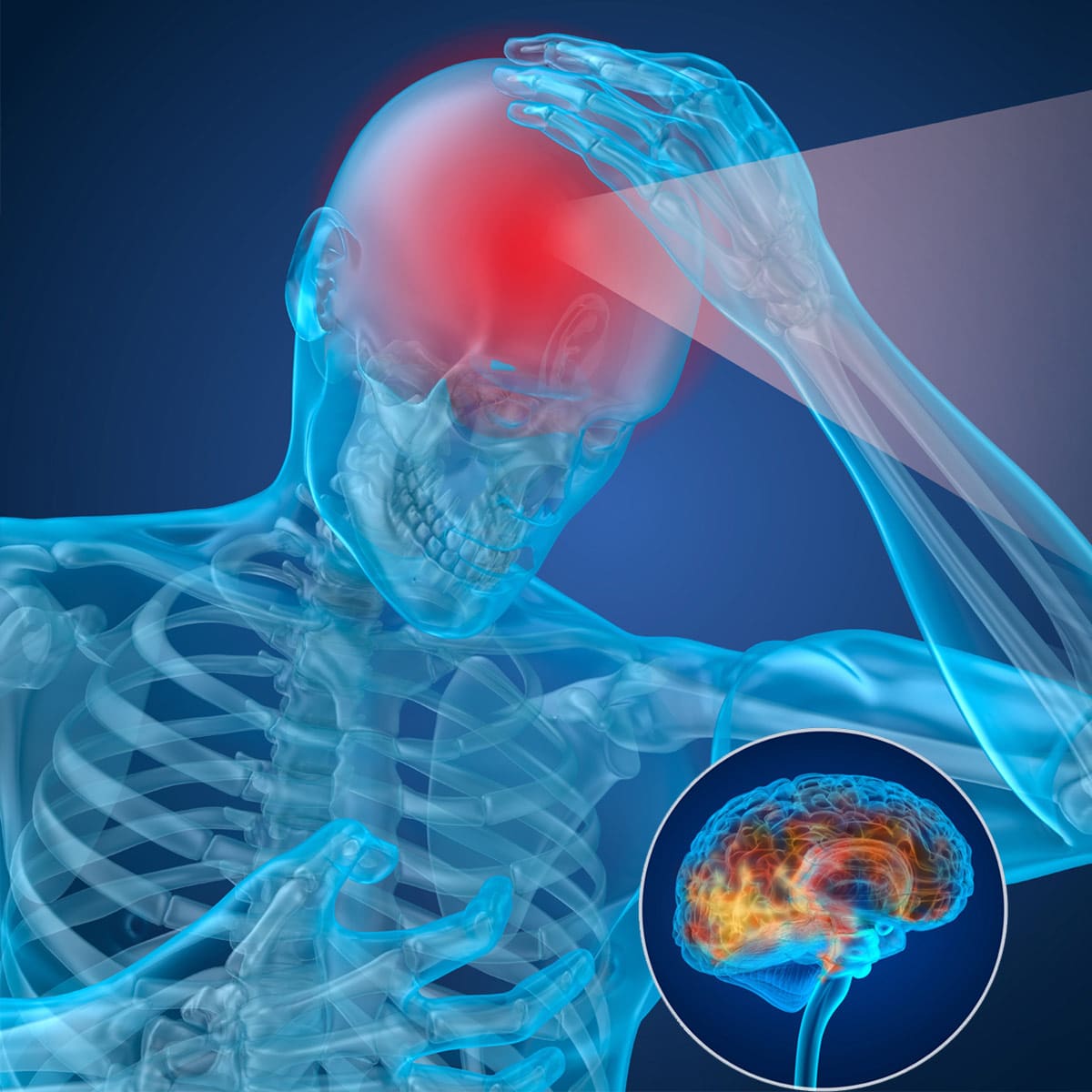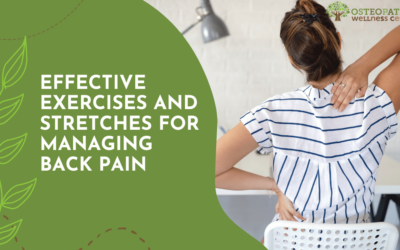concussion Treatment
Located in Ridgefield, CT serving Fairfield & Westchester Counties, and surrounding areas.
A concussion affects the way your brain works, causing noticeable problems, such as a headache and confusion.
The injury may also damage blood vessels or nerves in the brain, which is why it’s essential to schedule an immediate appointment with Dr. David Johnston at the Osteopathic Wellness Center. Dr. Johnston can thoroughly assess your brain and determine the treatment you need to help your brain heal. To schedule an appointment, call the office in Ridgefield, Connecticut, or book an appointment online.
Concussion Q&A
What do I need to know about concussions?
A concussion is a mild traumatic brain injury that affects your brain’s ability to function. Concussions are caused by a blow to your head, often incurred during a fall, sports injury, or automobile accident.
The bump to your head makes your brain bounce against the skull, which damages brain cells and causes chemical changes.
One concussion usually doesn’t cause long lasting brain damage. However, suffering a second concussion shortly after the first one, or experiencing multiple concussions can lead to permanent brain damage.
The most important thing to know is that every head injury, no matter how mild or whether you suspect a concussion, is always considered to be a serious concern that needs prompt medical attention.
What symptoms might I develop with a concussion?
Following a head injury, your symptoms may appear immediately or not for a few hours or days. The physical and cognitive effects of a concussion can last for weeks and in many cases, turn into chronic symptoms, a condition called post-concussion syndrome.
The three primary concussion symptoms are:
- Headache
- Memory loss
- Confusion
Although you can lose consciousness, most people stay awake after developing a concussion. You may also experience symptoms such as:
- Dizziness
- Nausea
- Impaired balance Blurred vision
- Ringing in your ears
- Sensitivity to light and sound
- Sleep disturbance
- New depression or anxiety
When you have any of these symptoms in the days or weeks following a blow to your head, call the Osteopathic Wellness Center for an immediate evaluation. It’s essential to be sure you don’t have a skull fracture or bleeding in the brain.
How is a concussion treated?
Getting enough rest is the most important treatment for a concussion. Your brain needs time to heal, which means getting minimal stimulation. You should avoid bright light and loud sounds. You’ll also need to take time off from school or work and avoid most physical activities for 7-10 days.
Staying hydrated and eating carbs facilitates healing and provides the energy your brain needs during recovery.
Post-concussion rehabilitation can begin as soon as Dr. Johnston clears you to return to light activities. Your rehabilitation begins with a plan to make a gradual return to your normal activities.
During your rehabilitation, osteopathic manipulative therapy (OMT) can reduce your recovery time. Dr. Johnston gently manipulates the tissues affected by your concussion, increasing healing blood flow and relaxing the muscles.
Related Articles
Effective Exercises and Stretches for Managing Back Pain
Exercise and stretching play a vital role in managing back pain and promoting a healthy spine. By incorporating targeted exercises into your...
Exploring the Power of Preventative Care: How Osteopathy Enhances Your Well-being
Taking a proactive approach to your health is key to living a vibrant and fulfilling life. Preventative care focuses on maintaining wellness, rather...
How Cranial Osteopathy Can Relieve Neck Pain
Neck pain can be debilitating, affecting both your work and personal life. Traditional treatments, such as medication and physical therapy, may...





